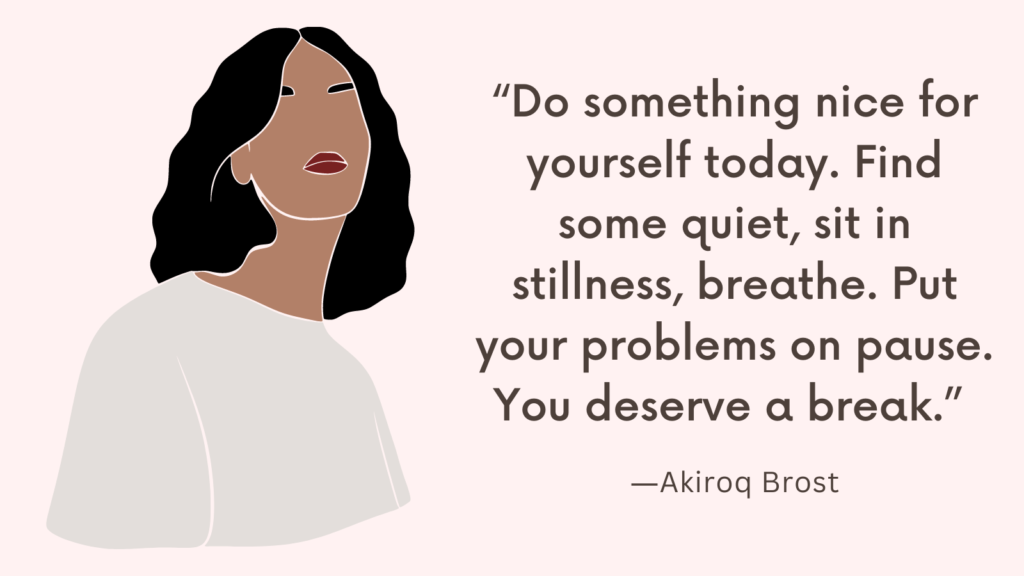This post contains Caregiver Burnout Quiz.
Caregiver Burnout Quiz
Results
#1. Do you often feel overwhelmed or exhausted by your caregiving responsibilities?
#2. Are you experiencing a significant decline in your own physical health or ignoring your personal needs due to caregiving duties?
#3. Do you frequently feel irritable or frustrated, even over minor issues?
#4. Have you noticed a decrease in your interest or enjoyment in activities you used to find pleasurable?
#5. Are you neglecting your own social life and relationships because of your caregiving duties?
#6. Do you frequently experience feelings of sadness, anxiety, or hopelessness?
#7. Do you feel isolated or unsupported in your role as a caregiver?
#8. Have you noticed a decline in your ability to concentrate or make decisions?
#9. Are you experiencing increased resentment or anger towards the person you are caring for?
We will not sell your information. All results are kept confidential.
This quiz is for informational purposes only. It is not meant as a diagnostic or assessment tool.
Results
The questions above represent common signs of caregiver burnout. If you find that you resonate with several of these questions, it may indicate that you are experiencing symptoms of caregiver burnout.
Related: Caregiver Burnout vs Compassion Fatigue
What Is Caregiver Burnout?
Caregiver burnout is a state of physical, emotional, and mental exhaustion that can occur when individuals provide constant care and support to a loved one, typically someone with chronic illness, disability, or aging-related needs.
It often results from prolonged periods of stress, overwhelming responsibilities, and lack of support or self-care.
Caregiver burnout can manifest in various ways, including decreased energy, feelings of overwhelm, increased irritability, anxiety, and even physical health issues.
The demands of caregiving can be relentless and the absence of adequate rest, social interaction, and personal time can take a toll on caregivers’ well-being.
Constantly attending to the needs of others without prioritizing self-care can deplete one’s physical and emotional resources, leading to burnout.
Related: Top 9 Caregiver Personality Traits
How to Overcome Caregiver Burnout?
1. Seek Support
One of the most crucial steps in overcoming caregiver burnout is reaching out for support.
Connect with friends, family, or support groups who can empathize with your situation.
They can provide emotional support, practical advice, and a sense of solidarity.
Consider joining local or online caregiver support groups to connect with others facing similar challenges.
2. Practice Self-Care
Neglecting your own needs can contribute to burnout.
Prioritizing self-care is essential for maintaining your physical and emotional well-being.
Engage in activities that bring you joy and relaxation, such as exercise, hobbies, reading, or meditation.
Set aside regular time for self-care and make it non-negotiable.
Related: Best 100 Self Care Affirmations To Honor Yourself
3. Delegate Responsibilities
Recognize that you don’t have to handle everything on your own.
Delegate tasks to other family members, friends, or professionals whenever possible.
Share the caregiving responsibilities, allowing yourself much-needed breaks.
Communicate openly with your loved ones about your needs and establish clear boundaries.
4. Set Realistic Expectations
Understand that you can’t do everything perfectly, and it’s okay to make mistakes.
Set realistic expectations for yourself and your loved one’s care.
Prioritize essential tasks, and let go of unnecessary pressures.
Remember, self-compassion is vital during this challenging journey.
5. Build a Support Network
Expand your support network by reaching out to local community organizations, social services, or respite care programs.
These resources can provide professional assistance, guidance, and temporary relief from caregiving duties.
Remember, accepting help is not a sign of weakness; it’s a way to ensure your own well-being.
Related: How To Break Codependency Habits For Good? (+FREE Codependency Worksheets)
6. Practice Stress Management Techniques
Stress management techniques can help reduce the impact of chronic stress on your body and mind.
Incorporate stress-relieving practices such as deep breathing exercises, progressive muscle relaxation, mindfulness meditation, or guided imagery.
Regular exercise, adequate sleep, and a balanced diet also play crucial roles in managing stress.
7. Take Breaks
Caregivers often neglect their own needs due to the demands of caregiving.
It’s important to schedule regular breaks to recharge and rejuvenate.
Whether it’s a short walk outside, reading a book, or engaging in a hobby, carving out time for yourself is essential.
Consider respite care options, where trained professionals can step in temporarily to provide care while you take a break.
Related: Best 6 Mindfulness Exercises For Beginners (+FREE Resources)
8. Communicate Openly
Effective communication with your loved one and other family members is critical.
Practice assertive communication skills, expressing your needs, concerns, and limitations clearly and respectfully.
Establish open lines of communication to avoid misunderstandings, resolve conflicts, and ensure everyone’s involvement in caregiving responsibilities.
9. Maintain Healthy Boundaries
Setting and maintaining healthy boundaries is crucial for avoiding burnout.
Recognize your limits and communicate them to others involved in your loved one’s care.
Learn to say no without guilt when necessary and be mindful of your personal needs.
Remember, setting boundaries is an act of self-care, not selfishness.

Conclusion
Consistency in self-care practices, seeking support, and making necessary adjustments along the way are key.
By taking care of yourself, you can continue providing care to your loved one in a healthier, more sustainable manner.







